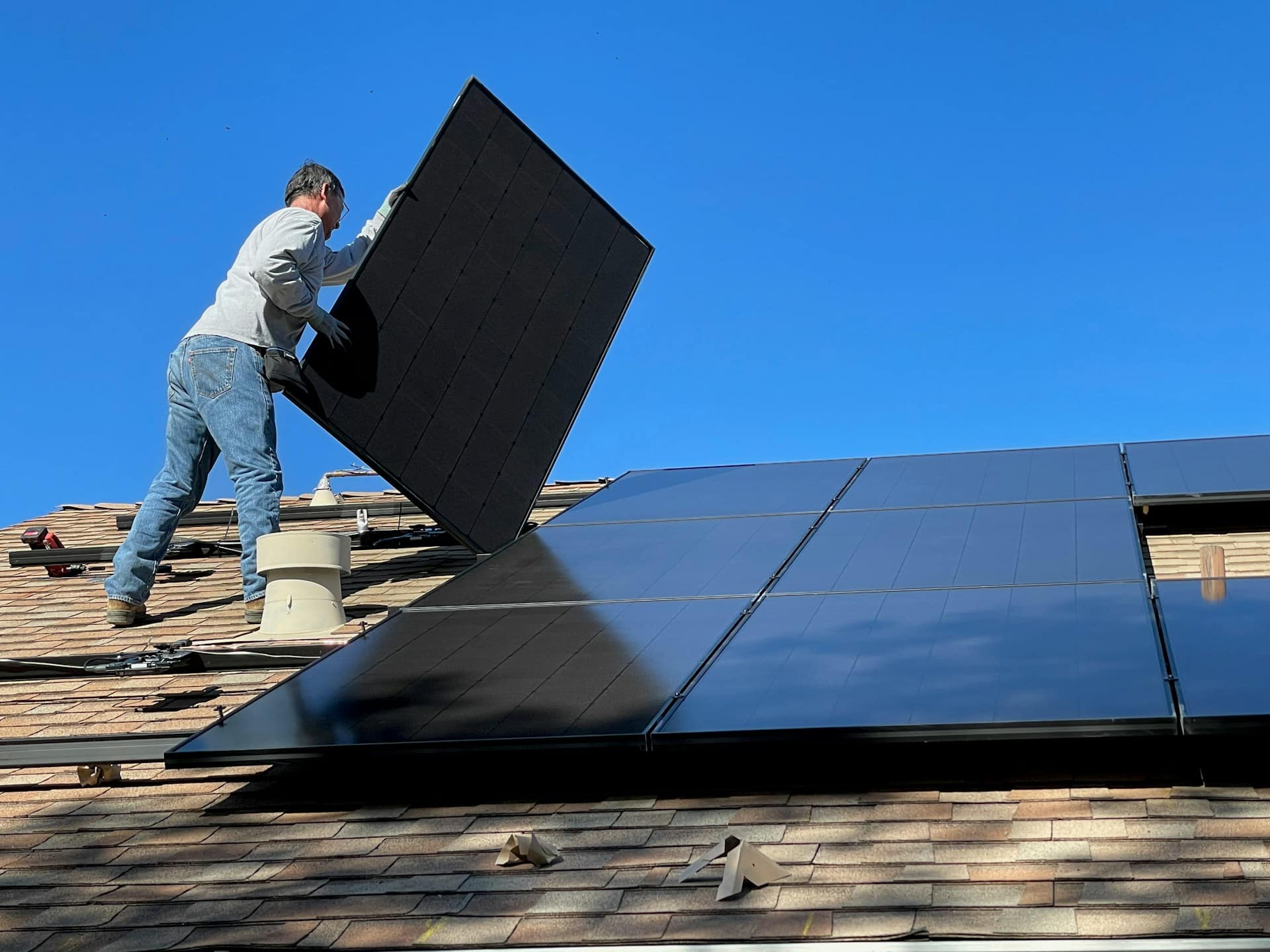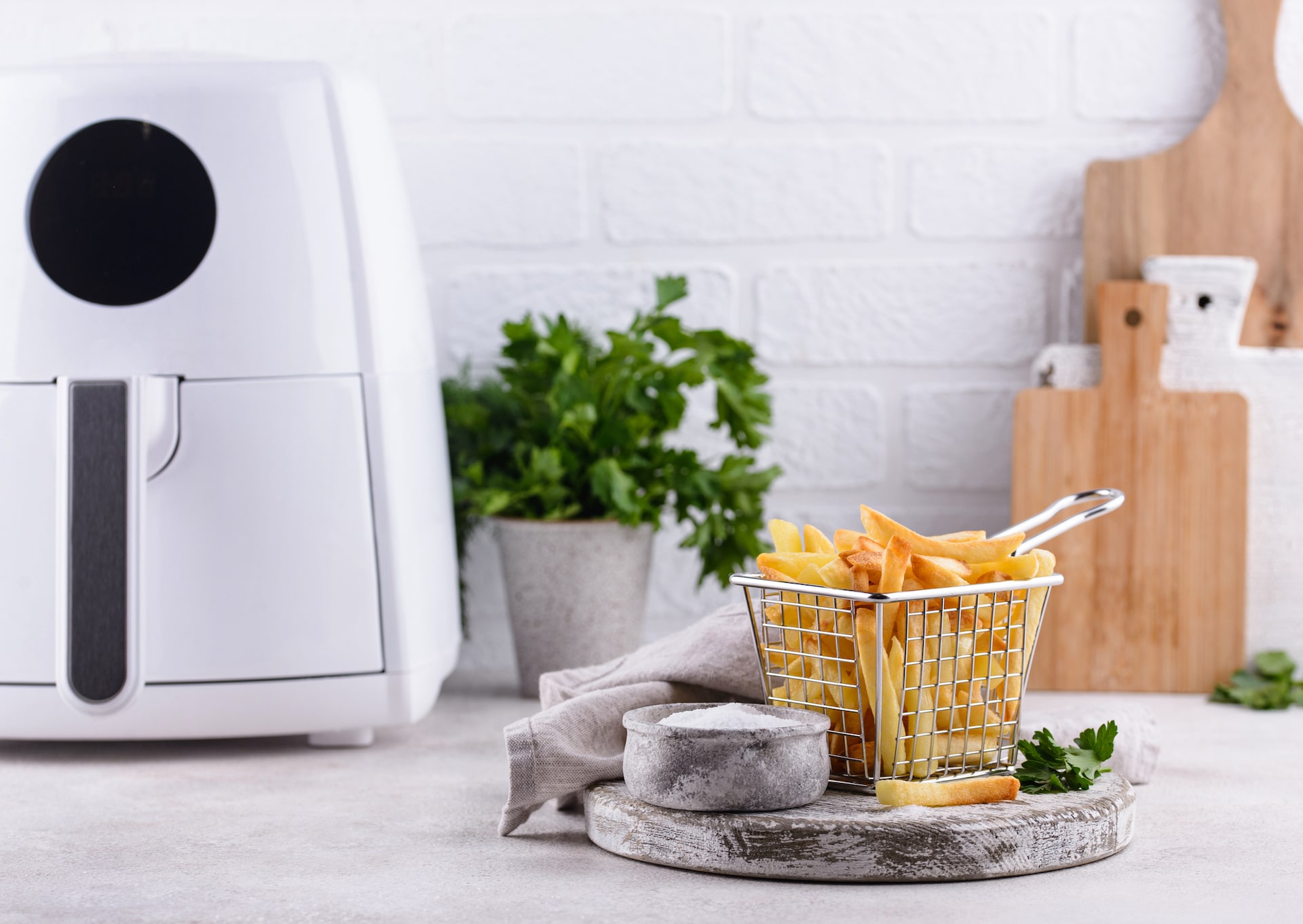This article may contain affiliate links. We may receive a commission for purchases made through these links. Privacy Policy.
Anxiety levels have been extremely heightened over the last several months, and with the holidays approaching, they may not slow down anytime soon. Don’t let your anxiety sneak up on you this year.
While we all experience different anxiety levels, there are three simple practices that anyone can do to feel more calm and grounded.
Tip One: Don’t Avoid It

What you ignore, grows. Pushing your anxiety down or trying to distract yourself from the anxious feelings may give you short-term relief, but this is a sure-fire way to experience even more anxiety later.
Instead, witness it. Feel it. Where in your body do you hold your anxiety? Do you feel it in your chest, your throat or your gut?
Although this may not seem like a very enjoyable experience, witnessing your anxiety and understanding that it’s something you’re temporarily experiencing (rather than attaching it to your identity) offers almost instant relief.
Anxiety can often cause us to feel overwhelmed and totally helpless, but even just 30 seconds of awareness gives you your power back.
Related: 20 Of The Best Books To Read On Mental Health
Tip Two: Regulate Your Nervous System

When you experience anxiety, your sympathetic nervous system (fight, flight, freeze) is activated. This is your body’s natural and automatic response to stress. It is very helpful when you are experiencing actual danger or threats, but it is not a supportive state to live in every day.
In order to ease your anxiety, you can shift your nervous system to its parasympathetic state (rest and digest). How do you do this?
Breathe. Specifically, focus on lengthening your exhales. Try taking a slow breath in through your nose, and a long exhale out through your mouth. Repeat deep breaths 5-10 times or as long as needed to help you feel calmer. Deep belly breathing exercises have great effects on the body and calm any racing thoughts.
Get outside. Nature is a powerful tool for anxiety. If you are able, sit, walk, stand barefoot in the dirt, sand or ocean for two or more minutes while taking in the environmental sounds, views and smells. Your body responds to the grounding energy nature provides, and physical activity is known to release endorphins, which in turn lower anxiety.
Related: The Beginner’s Guide to Essential Oils
Tip Three: Clear Out Your Head

Have you ever felt overwhelmed and anxious about a task or experience, and then once you completed it, you thought, “Wow. That wasn’t so bad.”
Your brain is meant to think, analyze, and take in information, but anxiety may surface if you never give yourself time to clear it out.
A simple and effective way to reduce anxiety is through journaling. The process of writing out what’s in your head provides clarity, ease, and lightness.
Related: What is the Coronavirus? [Actionable Advice to Prevent it]
A few ways to journal include:
- Make a list of to-dos that keep racing through your mind.
- Claim the top 3 things that must get done today.
- Free write. No rules. Put your pen to your paper and see what comes up.
- Use the prompt “What’s coming up for me today?”
- Gratitude Practice. Create a list of everything you are grateful for in life.
- Make a list of simple pleasures, then implement one of them into your day.
If you don’t already journal, this can make a profound difference in your anxiety.
These three tips can be done individually or completed in a sequence:
- Don’t Avoid It
- Regulate Your Nervous System
- Clear Out Your Head
With practice, these tools can totally support you and help your shift from an anxious state to a calm state. Whether you deal with an anxiety disorder, panic attacks or other anxiety symptoms, deep breathing and focusing on the present can do wonders for your body.
Not only will practicing these tips help lower heart rate and your blood pressure, but it will help push out any negative thoughts you might be experiencing. Your overall stress levels, anxious thoughts, muscle tension and fight-or-flight response will slowly begin to die down by mindfully practicing relaxation techniques.
As always, if you are experiencing any severe anxiety, we suggest talking to a mental health professional or another health care provider. Stress management and stress relief is so important to everyone’s health and should never be ignored.
You might also be interested in: 3 Ways to Practice Mindfulness
BoopBod
view postBoopBod
Emily and Beth are besties who head up Boopbod. They love kettlebell workouts, coffee runs, sweaty power vinyasa flows and loads of belly laughs. They create resources that elevate your mind, body and soul, allowing their squad to live out their version of "happy healthy."
view post








